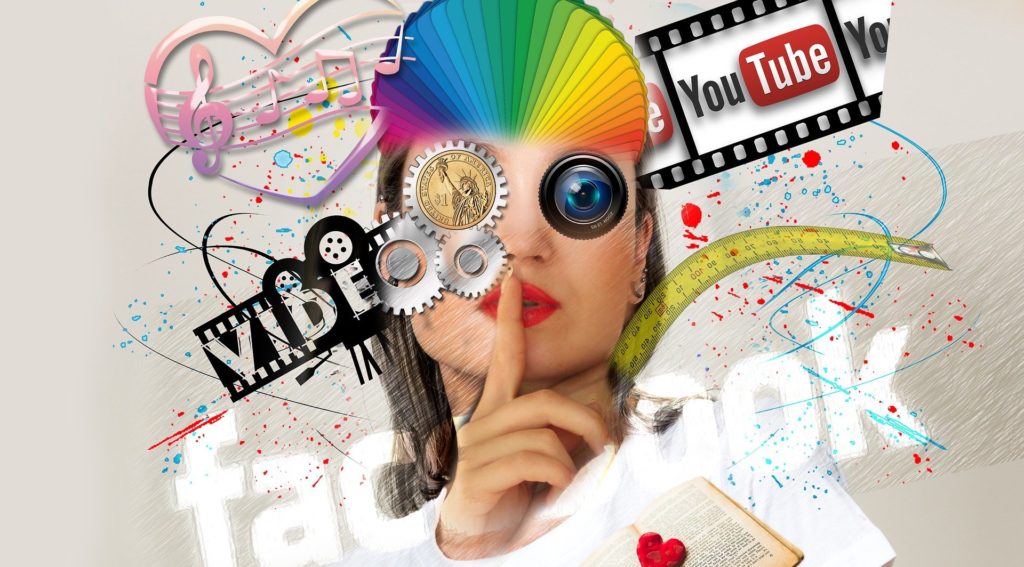
Its three strikes and your YouTube channel is out, according to the Google-owned social media platform’s policy on misinformation. YouTube announced today that vaccine misinformation will be specifically targeted under its COVID-19 Medical Misinformation policy. Calling such content ‘egregiously harmful,’ Youtube is siding with medical experts in the fight against false information. “YouTube doesn’t allow content that spreads medical misinformation that contradicts local health authorities’ or the World Health Organization’s (WHO) medical information about COVID-19,” the policy states. Treatment, prevention, diagnostic, and transmission information is covered under the content ban.
“A Covid-19 vaccine may be imminent, therefore we’re ensuring we have the right policies in place to be able to remove misinformation related to a Covid-19 vaccine from the platform,” a Youtube said in a statement. “To date, we have removed over 200K videos related to dangerous or misleading Covid-19 information since early February. In the coming weeks, we will also have more to announce on the work we’re doing to raise authoritative sources on our site related to Covid-19 vaccine content.”
Not only will false material be removed, but Youtube will also shut down channels that are repeat offenders. “If your content violates this policy, we’ll remove the content and send you an email to let you know,” Youtube states in its Medical Misinformation policy. “If this is your first time violating our Community Guidelines, you’ll get a warning with no penalty to your channel. If it’s not, we’ll issue a strike against your channel. If you get 3 strikes, your channel will be terminated. You can learn more about our strikes system here.”
Youtube’s policy update comes as many social media platforms brace for the upcoming election, as well as for the eventual release of a vaccine for COVID-19. Facebook announced a ban on anti-vaccination ads on Tuesday, as well as a new preventive health tool that is available on its platform. Academics are concerned about misinformation and disinformation too and publishing research to illustrate the extent of the problem. An opinion piece published in Scientific American this week — provocatively titled COVID Misinformation Is Killing People — labels misinformation related to the novel coronavirus pandemic an ‘infodemic.’ The article recommends that the following steps be taken to combat the release of false narratives online:
- A coordinated campaign of influencers supporting science and public health;
- An aggressive and transparent effort by social media companies working in cooperation with governments to remove markedly false information regarding COVID-19;
- Beyond debunking and removal of false information: a robust public messaging campaign that goes further than the government’s traditional one-way message;
- Detect, understand and expose COVID-19-related misinformation through data science and behavioral analytics;
- Match public health promises with the capabilities of a government that can deliver.
The Scientific American article, written by data scientist Amir Bagherpour and molecular biologist Ali Nouri, warns that misinformation contributed to the spread of the Ebola epidemic in West Africa and continues to thwart efforts to educate the public on the importance of vaccinating against measles. They are concerned that misinformation is also having detrimental effects on strategies to overcome the novel coronavirus. “When it comes to COVID-19, the pandemic has come to be defined by a tsunami of persistent misinformation to the public on everything from the utility of masks and the efficacy of school closures, to the wisdom behind social distancing, and even the promise of untested remedies,” the authors write. The Scientific American op-ed cites an NBER study that found that the geographic areas of the country exposed to television programming that downplayed the severity of the pandemic, saw greater numbers of both cases and deaths – because people didn’t follow public health precautions.
Indeed, the stakes of vaccine adoption will be high in 2021, and we need leaders to guide us toward truth and fact. That it is tech companies such as YouTube that are undertaking this role by banning vaccine misinformation on their platforms in 2020, speaks volumes about the severity of the misinformation problem, our leadership vacuum, the echo-chamber division in our nation, and the imperative to take action in the here and now.
